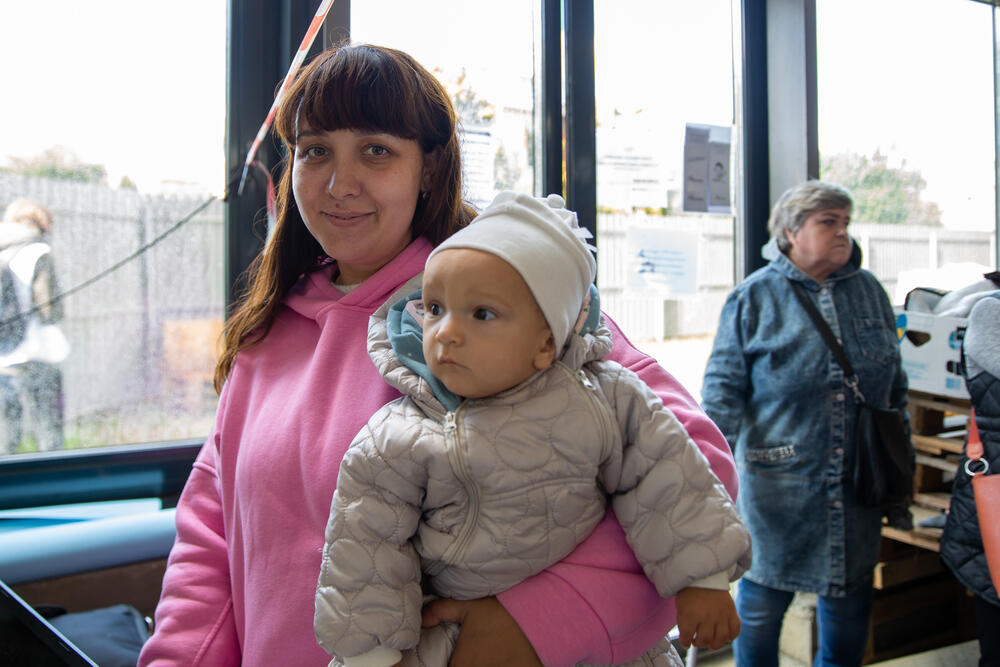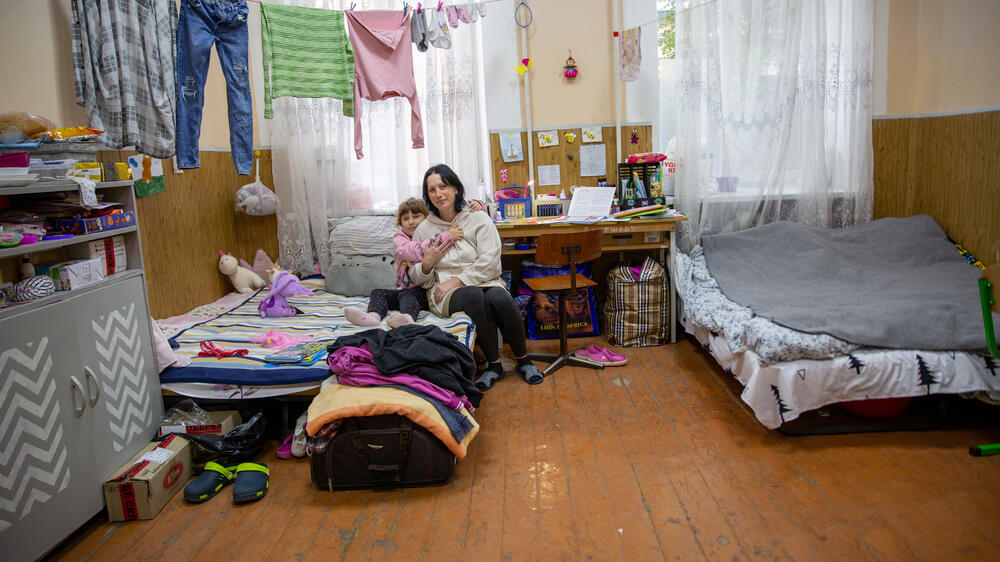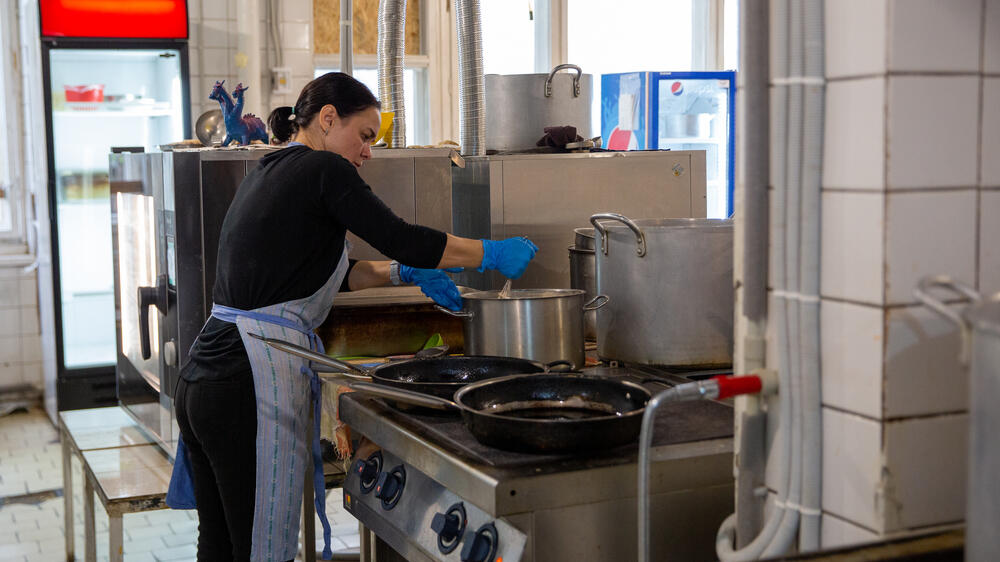MSF: Assisting displaced communities in southwestern Ukraine
14 December 2022
Since June, teams from Médecins Sans Frontières / Doctors Without Borders (MSF) have been running mobile clinics in Uzhhorod city and other areas of Zakarpattia Oblast
“I have health issues, but I keep putting off going to the doctor… until it gets really bad,” says Olha, a woman from the northeastern Ukrainian city of Kharkiv who has taken refuge in a small town in Zakarpattia Oblast, in the southwest of the country.
Just like many other displaced people, she lives temporarily at a public space facilitated by the local authorities. “It's very difficult adapting to these new living conditions. You’re used to living alone in your own apartment and now it’s like living in a dormitory. For the kids it’s even more complicated,” says Olha. “But we try to support and help each other.”
In June, MSF teams based in Uzhhorod city started visiting different locations in this oblast (administrative division) to run mobile clinics where displaced communities gather. In Zakarpattia alone there are currently 128,000 internally displaced people registered out of the 6.5 million who have fled from their homes in the whole of Ukraine.
They are scattered across different towns and villages. Some try to find private accommodations to rent, but prices are high, so they end up living two or three families in the same rented apartment. Others have exhausted their resources. “We see cases of people who need care, but they don't ask for it. Sometimes they are worried because they don't think it's free,” says Ksenia, a volunteer psychologist.
Between July and November, MSF carried out nearly 3,000 medical consultations through mobile clinics visiting 12 locations in Zakarpattia like Uzhhorod, Khust and Mukachevo. The main medical conditions were chronic diseases and respiratory infections. In the same period, 2,860 people in need of psychological and psychosocial support were seen in individual consultations and group sessions.
“Some people experience symptoms such as flashbacks, intrusions, and they are worried about how they will live. A lot of them have lost relatives in this war. They have lost wealth, their health… as well as their homes and jobs,” says Natalia, MSF’s mental health supervisor. “When you’ve got so many worries, it affects your health eventually,” adds Olha, the woman from Kharkiv.
As the weather worsens, a general concern for local authorities and humanitarian organisations is that conditions for displaced people will get even harder. MSF teams provide some logistics support, such as the repair of water systems in some of the public shelters and collaboration with the networks of volunteers who distribute relief items.
“We help our visitors with some food and also with some clothes –used clothes and some new hygienic stuff, like towels, that we receive from MSF,” says Olexander, a volunteer who came to Uzhhorod earlier this year after leaving Kyiv with his wife and kids. “Each volunteer has his or her own story, but the main thing is about the same.”
MSF teams in Zakarpattia Oblast also make donations of essential medicines to health structures and provide trainings on decontamination, mass casualty, sexual and gender-based violence and mental health to health staff and first-line responders. Between March and November, we have provided 30 trainings attended by 672 people in the oblast of Zakarpattia. Between March and May, another MSF team also ran mobile clinics in the Zakarpattian towns of Mukachevo and Berehove. Over 1,700 medical consultations were conducted in that period.



